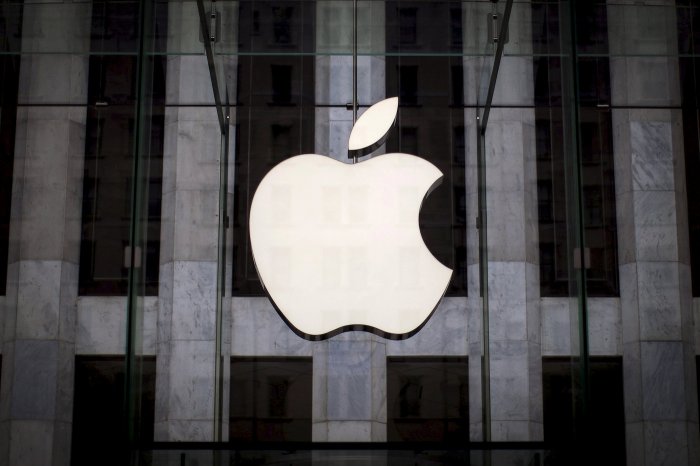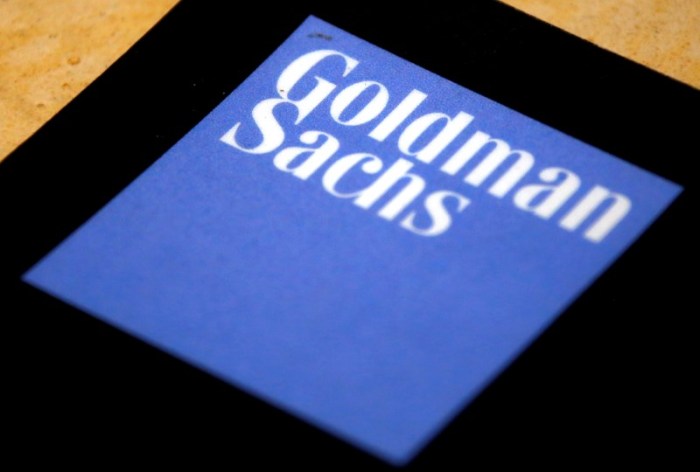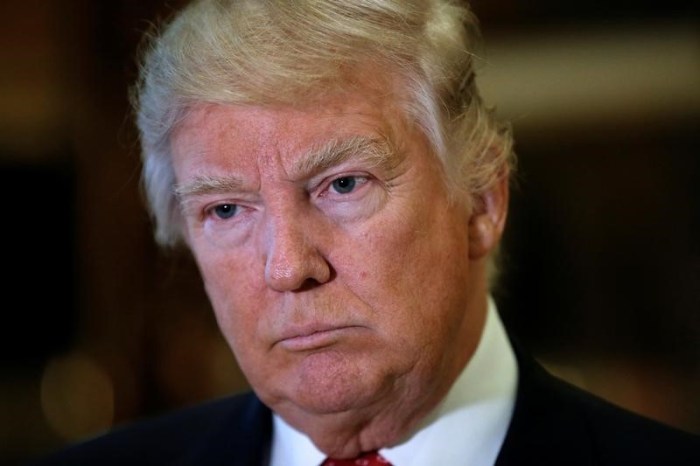By William Schomberg
SITTINGBOURNE, England (Reuters) – Troy Barratt, a small business owner in this southeastern English town, has a list of labor, energy and safety regulations that add to the costs of his precision metal fabrication firm. But unlike opponents of Britain’s membership in the European Union, he puts the blame on London rather than Brussels.
“By far the biggest frustration I have is with home-grown laws,” Barratt, managing director of Contracts Engineering, said as laser-cutting machines sliced into sheets of steel in his firm’s workshop in an industrial park about 60 km (40 miles) east of London, close to the mouth of the River Thames. Barratt, a 36-year-old former investment banker from the United States, points to a new UK pension contribution system for his 26 employees and duplicative checks on electrical equipment that advisors recommend he carry out in order to meet separate sets of British rules. He also cites commercial power tariffs that are among Europe’s highest because London raises extra tariffs to help fight climate change.
As the country prepares for a June 23 referendum on whether to leave the EU, the “Out” campaign says rules made in Europe jar with Britain’s traditionally free-market approach to business, hurting profits and hobbling economic growth. The growing weight of EU legislation represents a threat to the country’s sovereignty, it says.
Yet many employers say it’s British rules, coupled with the sometimes overly rigorousBritish implementation of EU rules, that are their main hindrance.
Two examples often cited by business have nothing to do with the EU: last year’s surprise announcement of a 38 percent rise in the minimum wage by 2020 and a planned new levy to pay for apprenticeships. While Britain ranks among the easiest countries in the world in which to do business, the Confederation of British Industry warned the government of Prime Minister David Cameron late last year against intervening too much in the labor market. Estimating how many British laws actually originate in Brussels is part of the fierce debate around the referendum.
A parliamentary analysis in 2010 found the EU was behind between 15 and 50 percent of laws and regulations in Britain, depending on the definition of what constitutes a law. Some EU rules Britain has signed up to have no impact locally, such as those which concern Southern Europe’s olive industry. “OVER-REACH”
Central to the “Out” camp’s case that British business is tangled up in Brussels red tape is a study by pro-market think-tank Open Europe which estimates that the EU’s 100 most burdensome rules cost British businesses 33 billion pounds a year to comply with, in areas ranging from the labor market to financial regulation and renewable energy. Open Europe said by way of comparison, that is more than Britain usually raises each year in council tax, which is levied on households across Britain and is a major source of tax revenue.
“Just think of how much more success our economy could have if we had the power to reduce the burden of red tape and replace pointless EU rules with sensible domestic regulation,” said Priti Patel, a government minister who broke ranks with Cameron to campaign for a British exit. By halving the impact of EU social and employment laws, Britain could create 60,000 new jobs, she said.
The “Out” campaign also points to situations where EU law duplicates UK regulation.
Patel said EU rules on how long self-employed truck drivers may spend on the road, how often they must take breaks and how companies must keep records of their driving time were just one example of duplicative legislation and cost British business 100 million pounds a year. Jack Semple, head of policy at the Road Haulage Association,said the industry agreed on the need for such rules but the EU legislation meant firms had to keep two sets of records, adding to costs.
Yet, many of the biggest problems faced by hauliers were due to British decisions, Semple said. He cited high fuel duties, insufficient investment in roads and a requirement that vehicle roadworthiness tests were conducted only by civil servants. The government said recently that it will drop this tests rule. “Most of the really big issues for the industry are about UK regulations or the application in the UK of Brussels regulations,” he said.
Britain often goes above and beyond EU requirements, even if its social laws are not as generous as in other countries in the bloc, such as France or Italy.
For example, UK employers must give workers 28 days of paid leave a year, less than in other countries in the bloc but higher than the EU required minimum of 20.
Similarly, employers mention parental leave rules that are more generous to workers and longer consultation periods over redundancies than set out by Brussels.
In the country’s vast finance sector, British rules on how much capital banks must hold are stricter than in other EU nations, reflecting a tough response to the financial crisis.
The government acknowledges there are problems which it is trying to fix. The business ministry says its cuts to red tape since 2010 have so far saved businesses 10 billion pounds, something it wants to repeat by 2020. In Brussels, too, officials have made cutting red tape a core part of the current European Commission’s agenda.
Vicky Ford, a British Conservative member of the European Parliament, said 80 EU laws were repealed last year and dozens more are due to go in 2016.
She said even more important for British firms is the ability to shape the rules that affect their markets, something which they could no longer do if the country left the EU.
“The idea that UK businesses would allow the rules of their trade to be set by their competitors is bonkers,” said Ford, who chairs the parliament’s Internal Market Committee.
If Britain does leave the EU, reversing the rulebook would not be easy. Open Europe says only 13 billion pounds out of the 33 billion-pound cost for Britain of EU rules could be saved under any politically realistic scenario, mostly by repealing employment and environmental legislation. Even that kind of cull would be met with resistance from trade unions and many voters.
For many employers, adapting to EU labor rules has not been hard as they have sidestepped one of the bloc’s potentially most onerous rules — a maximum 48-hour working week.Many British businesses have persuaded staff to sign an opt-out clause won by Britain in negotiations with the EU in 1993 in order to maintain its flexible labor market. Tim Parkinson, chairman of Airedale Springs, a spring manufacturer in the Yorkshire town of Haworth, responded to the EU’s Working Time Directive by agreeing a new, flat-pay deal with employees in 1999 in return for agreeing to the opt-out. “It was really no burden at all for us,” he said.
THE NATURAL LOCATION
In Sittingbourne, Barratt said Britain’s pro-enterprise spirit made it the natural location for him in Europe as well as the fact that his wife is from the country.
Since he bought Contracts Engineering in 2012, annual sales have almost doubled to 2 million pounds and he has found new clients such as medical device manufacturers and advanced lighting firms.
Like many entrepreneurs, Barratt is worried by the prospect of a vote to leave the EU, however.
Almost all of his biggest customers export to other countries in the bloc’s single market, something that might be harder to do from outside the EU. Uncertainty over the vote has weighed on orders, prompting him to freeze all new hiring. He is particularly vexed by claims from members of the “Out” camp that only a Brexit can free small firms from red tape and deliver Britain into a new era of stronger economic growth.
“What costs will come in when other costs go out? Something will,” he said.
“What I see is a very compelling, very rigorously analyzed case about the benefits of staying,” he said. “But there is no real detailed analysis of how we are better off economically if we leave, except ‘Trust me’.” (Additional reporting by Alastair Macdonald in Brussels; Editing by Guy Faulconbridge and Top News Editors)
















